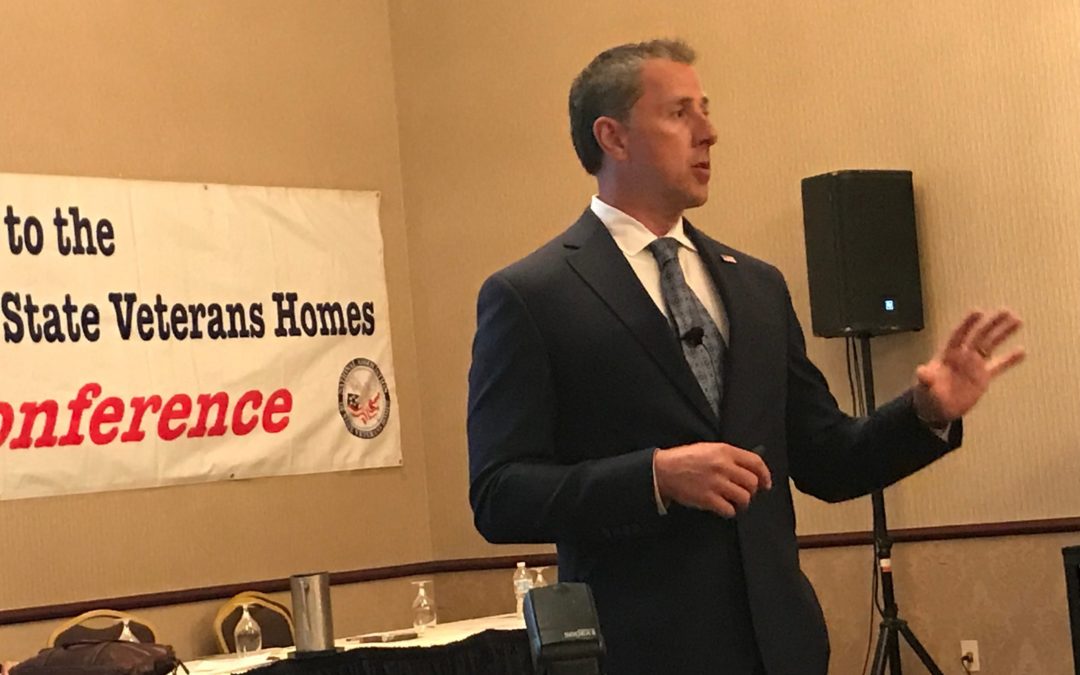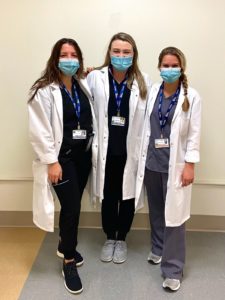I was just reviewing this article in the light of COVID-19. While the points I made back in 2019 are still relevant, it is important to add a 6th point, or a new first point so let’s call it .5 Sterilization.
FEES exams are safe even during COVID and in fact easier to deal with than going to the hospital for an MBSS. The testing process and the need for a negative PCR test prior to admission to a hospital for an out-patient MBSS has made it next to impossible to appropriately coordinate these exams.
It is critical to utilize both an enzymatic cleaning process between passes to sterilize the scope and an endosheath to mitigate issues or concerns of cross contamination.
I’ve been performing Flexible Endoscopic Evaluation of the Swallow (FEES) since 2002 when the equipment filled an entire suitcase and it took 20 minutes to set up. Thankfully the technology has advanced greatly, and the equipment is very portable. For those unfamiliar with FEES, it can feel like a new concept.
Below are 5 things for every Administrator to know about having FEES at your SNF:
1. It’s safe: Endoscopy is a small camera that is inserted in the nose and looks down the throat at the larynx. There are certain inherent risks associated with a scope pass including fainting and nosebleed. Having that understood, there is a ton of research articles and data that demonstrate the safety of FEES. Over thousands of procedures, our personal data backs up the research.
2. It’s quick: Tests are typically scheduled and conducted within the same week, as opposed to a modified barium swallow study (MBS) at the hospital which may take up to a month to schedule. This quick turn-around is important to the resident & their diet recommendations, to the treating SLP and their course of treatment and to the facility and their reimbursement. More to follow in an upcoming article on FEES and PDPM.
3. It’s effective: FEES is an effective way to help diagnose dysphagia. It is a perfect example of the adage “a picture is worth a thousand words” in that, we have actual pictures of dysphagia, aspiration, and conversely any progress made through treatment.
4. It costs money (But less than a denial or MBS): The FEES provider (i.e. us) charges the facility a flat fee for the procedure. Here’s the part most SNFs are unfamiliar with. The SNF can in turn bill Medicare Part B or other payors on the UB-04 and recoup a significant portion of their investment.
There is an opportunity for big savings under Part A. By sending a patient on Part A stay out of the facility for a procedure like barium swallow, the SNF is responsible for the bill under consolidated billing. This will eat up the SNF’s margin quickly! Since FEES is less costly to the facility, the savings go right to the bottom line.
Lastly, reports from our FEES provide supportive documentation, help to dispute denied claims, and support the coding of a swallowing disorder for the entire Part A length of stay under PDPM.
5. It’s a huge asset to your SLP and their job: Speech Therapists love having the opportunity to literally see what is going on inside during the swallow. SLPs can try multiple strategies, food consistencies, and postures in a natural(ish) setting during the FEES. Clinicians love to be involved in this process and be part of the evaluating team.
We have now branched out into providing FEES throughout the Northeast with our new venture, Maine Mobile Diagnostics, in order to bring more access to the post-acute community.
If you have any questions about speech therapy services or would like to discuss having FEES at your SNF, I’d love to hear from you.



